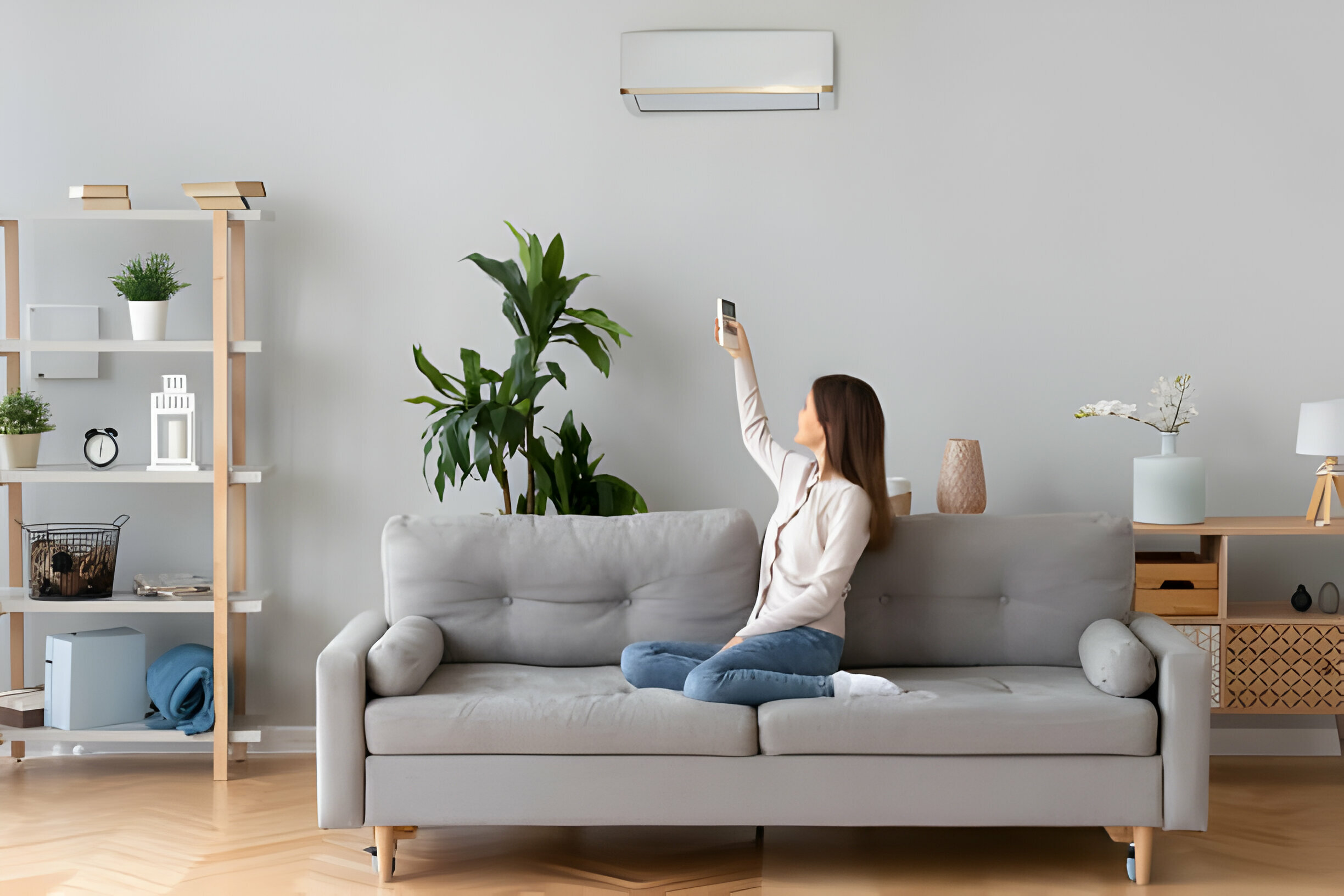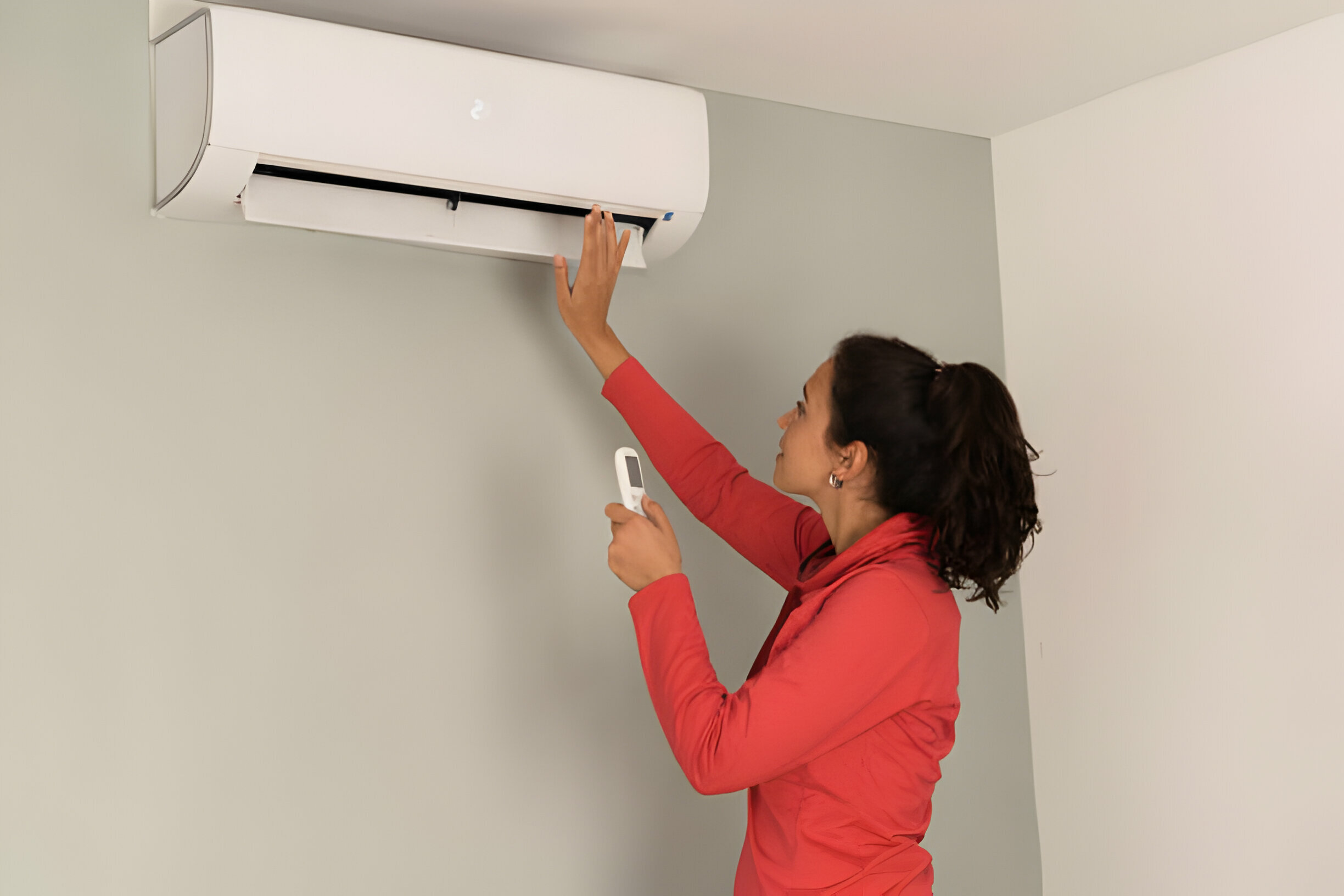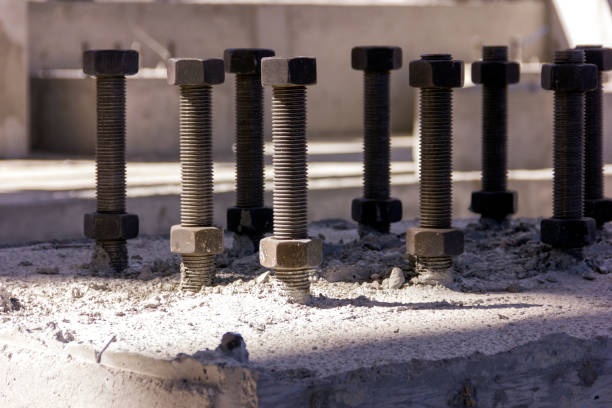Decoding AC Energy Usage: How Much Power Does It Consume?
Ah, the sweet hum of an air conditioner on a scorching day – a modern-day symphony that rescues us from the clutches of sweltering heat. But hold on, before you crank up that thermostat and let the cool breeze embrace you, let’s have a little chat about a question that’s often overlooked but oh-so-important: How much power does your air conditioning actually use?
The Cold Truth About Power Consumption
We live in a world where the demand for cool air is as constant as the need for a cup of coffee on a Monday morning. With our homes, offices, and even cars equipped with air conditioning, it’s high time we demystify the energy consumption behind this blissful chill.
Now, you might be thinking, “Why bother? It’s just a machine cooling my space.” Well, my friend, understanding how much power your air conditioner guzzles can save you from an electric shock when the bill arrives. So, let’s dive into the nitty-gritty of air conditioning power consumption – consider it your guide to becoming an energy-savvy cool cat.
Understanding Air Conditioning Power Consumption
What Factors Influence Power Consumption?
Picture this: you wouldn’t try to fit into your ten-year-old jeans, right? The same logic applies to air conditioners. Size matters, my friend. If your AC unit is too small, it’ll struggle to cool your space, working overtime and slurping more power than your grandma’s vacuum cleaner.
Efficiency is another player in this energy-consuming game. Just like your aunt’s secret meatball recipe, some AC units are more efficient than others. Investing in an energy-efficient model might cost a bit more upfront, but consider it a long-term saving grace for both the environment and your wallet.
Measurement Metrics: BTU and EER
Now, let’s get a little technical without giving you a headache. Two acronyms you need to be buddies with: BTU and EER.
BTU (British Thermal Units): This measures the amount of heat an AC unit can remove in an hour. In simple terms, the higher the BTU, the more powerful the AC.
EER (Energy Efficiency Ratio): This tells you how efficiently your AC converts electricity into cooling power. A higher EER means your AC is like a superhero – saving the day with less energy.
In essence, it’s like shopping for a superhero suit – you want one that fits well and does its job without draining all your energy.
Types of Air Conditioning Systems
Now that we’ve laid the groundwork for understanding the ins and outs of air conditioning power consumption, let’s take a tour of the cooling landscape. Brace yourself – we’re about to explore the realm of air conditioning systems.
Central Air Conditioning
Imagine the central air conditioner as the maestro of the cooling orchestra. It spreads its cool vibes to every nook and cranny of your home, ensuring no corner is left untouched by its chilly symphony. But, and there’s always a “but,” central AC units are known to be a bit power-hungry. The size of your home and the efficiency of the unit play crucial roles here. Choose wisely, my friend.
Window and Split AC Units
For those who like a bit of flexibility, window and split AC units step into the limelight. They’re like the soloists in our cooling symphony – focused on specific areas, providing a more tailored cooling experience. However, be cautious: improper sizing or installation can lead to energy drain faster than a leaky faucet.
Ductless Mini-Split Systems
Now, let’s talk about the cool rebels – the ductless mini-split systems. They ditch the ductwork drama, allowing for more precise cooling and potentially lowering your energy bills. It’s like upgrading from a flip phone to a smartphone – sleek, efficient, and a game-changer in the world of cooling.
Seasonal Energy Efficiency Ratio (SEER)
You’ve probably heard of this term floating around when air conditioners are the topic of conversation. SEER, or Seasonal Energy Efficiency Ratio, is like the GPA of your air conditioner – the higher, the better.
In simple terms, SEER measures how efficiently your AC performs over an entire cooling season. The government has its say in this matter, too. There are standards, my friend, standards you should pay attention to. A high SEER rating not only translates to energy savings but also contributes to a greener planet. So, when in doubt, aim for the stars (or at least a high SEER rating).
Smart Thermostats and Energy Management
Now, let’s talk tech. Smart thermostats are like the cool kids in the energy efficiency playground. They learn your habits, adapt to your schedule, and optimize temperature settings accordingly. It’s like having a personal assistant for your AC – efficiency at your fingertips.
But, and it’s a gentle reminder, even the smartest thermostat won’t save you from an energy meltdown if your home resembles a poorly insulated igloo. Which brings us to the next section – tips and tricks to keep your air conditioner’s power consumption in check. Need help with your AC? Check out our heating and cooling Melbourne page.

Tips for Optimizing Air Conditioning Power Usage
Regular Maintenance
Think of your air conditioner as a high-maintenance pet – it needs love and attention to thrive. Regular check-ups, filter cleaning, and refrigerant level checks are the equivalent of a spa day for your AC. Neglect these, and you might find yourself stuck in a hot mess.
Proper Insulation and Ventilation
Insulation and ventilation are the unsung heroes of energy efficiency. Good insulation keeps the cool air in, while proper ventilation ensures a healthy airflow. It’s like giving your AC the VIP treatment – ensuring it works less for more comfort.
Temperature Settings
Let’s settle the age-old debate: what’s the optimal temperature setting for energy efficiency? Drumroll, please. The sweet spot is around 78°F (25-26°C) when you’re home, and a bit higher when you’re away. Trust me; your wallet will thank you later.
Future Trends and Innovations
Welcome to the grand finale, where we peek into the crystal ball of air conditioning’s future. Buckle up because the world of cooling is on the brink of some revolutionary innovations.
Variable-Speed Compressors
Enter the superhero of air conditioning – the variable-speed compressor. Traditional ACs operate on a simple on/off switch, like a light bulb. Variable-speed compressors, on the other hand, are the dimmer switches, adjusting the cooling capacity according to your needs. This not only saves energy but also ensures a more consistent and comfortable indoor climate. Say goodbye to the roller coaster ride of temperatures!
Eco-Friendly Refrigerants
Remember the good ol’ days when refrigerants were like the wild child of the HVAC world, wreaking havoc on the environment? Well, times are changing. The industry is embracing eco-friendly refrigerants, designed to have minimal impact on our beloved planet. It’s like upgrading from a gas-guzzler to a hybrid – responsible and cool.
Integration with Renewable Energy
Picture this: your air conditioner powered by the sun, the wind, or other renewable sources. It’s not science fiction; it’s the future. As the world shifts towards sustainability, integrating air conditioning systems with renewable energy sources is becoming more prevalent. Imagine enjoying a cool breeze guilt-free, knowing it’s powered by Mother Nature.
Congratulations, my energy-savvy friend, you’ve just completed the crash course in air conditioning power consumption. From understanding the factors that influence power usage to unraveling the secrets of SEER ratings and diving into future innovations – you’re now armed with knowledge. For more information visit: https://www.energy.vic.gov.au/households/victorian-energy-upgrades-for-households/heating-and-cooling
As you embark on your journey to become the guru of cool, remember: size matters, efficiency is key, and a well-maintained AC is a happy AC. Embrace the power of smart thermostats, insulate like a pro, and set your temperature settings with precision. The future of air conditioning is bright, efficient, and eco-friendly – and you’re at the forefront of it all.
Before you go, let’s tackle a few burning questions that might be lingering in your mind.
Frequently Asked Questions (FAQs)
Can using a higher thermostat setting save energy?
Yes, setting your thermostat a few degrees higher can significantly reduce energy consumption.
Does the size of my air conditioner affect its power usage?
Yes, using the right-sized AC unit is crucial for optimal energy efficiency and performance.
How often should I schedule maintenance for my air conditioner?
Regular maintenance, ideally once or twice a year, is essential to keep your AC running efficiently.
Do smart thermostats really save energy?
Yes, smart thermostats can learn your habits and optimize settings, leading to energy savings.
Are there government standards for air conditioner energy efficiency?
Yes, SEER ratings are standardized, providing a measure of an air conditioner's energy efficiency.







